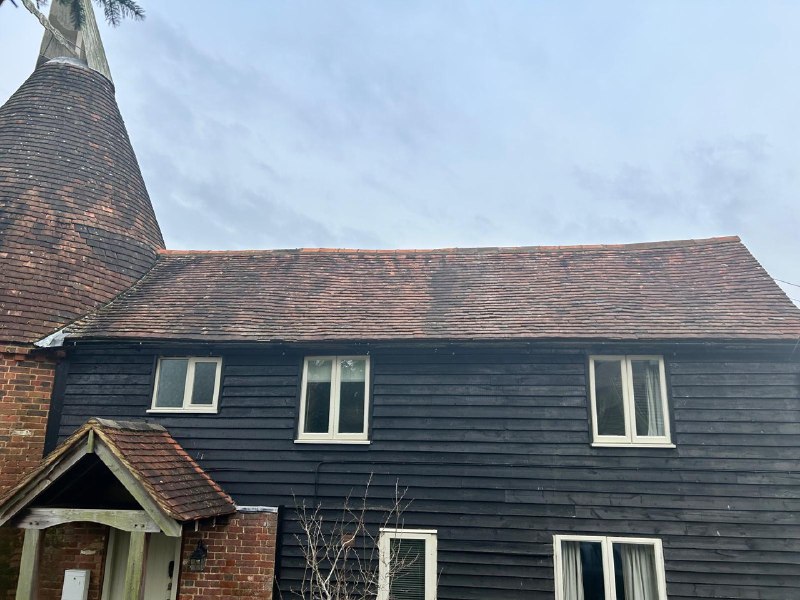Keep Your Roof Intact: Preventing Slipped Tiles for Long-Term Stability
Introduction: Slipped tiles not only compromise the aesthetic appeal of your roof but also pose potential risks to the integrity of your entire roofing system. Preventing slipped tiles is crucial for maintaining your roof’s longevity and structural integrity. In this blog post, we’ll explore effective strategies to prevent slipped tiles in the future, helping homeowners protect their investments and enjoy peace of mind knowing their roofs are secure.
- Regular Roof Inspections:
- Schedule routine roof inspections by a professional roofing contractor to identify and address potential issues before they escalate. Regular inspections allow for early detection of loose or damaged tiles, enabling timely repairs to prevent further damage and slipping.
- Secure Roof Fixtures and Accessories:
- Ensure that roof fixtures, such as vents, chimneys, and satellite dishes, are securely fastened to prevent them from shifting or causing adjacent tiles to slip. Loose fixtures can create stress points on the roof, leading to tile displacement and potential water infiltration.
- Trim Overhanging Branches:
- Overhanging branches from nearby trees can deposit debris on the roof and create conditions conducive to moss, algae, and fungal growth, compromising the integrity of roofing materials. Trim overhanging branches to minimise debris accumulation and reduce the risk of tile slippage caused by excessive weight or vegetation growth.
- Maintain Gutters and Downspouts:
- Clogged gutters and downspouts can lead to water backup and overflow, resulting in water infiltration under roof tiles and causing them to loosen or slip. Keep gutters and downspouts clear of debris by regularly cleaning and inspecting them, especially in the fall when leaves and debris are prevalent.
- Invest in Proper Roof Ventilation:
- Proper roof ventilation is essential for regulating temperature and moisture levels in the attic space, which can impact the condition of roofing materials. Inadequate ventilation can lead to excessive heat buildup, condensation, and moisture retention, contributing to premature deterioration of roof tiles. Ensure your roof is adequately ventilated to promote airflow and prevent moisture-related issues.
- Address Structural Weaknesses:
- Address any underlying structural weaknesses in the roof, such as sagging or uneven sections, which can increase the likelihood of tile slippage. Strengthen the roof structure to provide adequate support and stability for roofing materials, minimising the risk of displacement or damage.
- Choose Quality Roofing Materials:
- Invest in high-quality roofing materials designed to withstand the rigours of the local climate and provide long-lasting durability. Quality tiles, fasteners, and underlayment can help prevent premature deterioration and minimise the risk of tile slippage over time.
Conclusion: Preventing slipped tiles requires a proactive roof maintenance and care approach. By implementing regular inspections, securing roof fixtures, trimming overhanging branches, maintaining gutters and downspouts, investing in proper ventilation, addressing structural weaknesses, and choosing quality roofing materials, homeowners can effectively safeguard their roofs against tile slippage and ensure long-term stability.
Call us on: 01709 212 591
Click here to find out more about EFG Roofing Maltby
Click here to complete our contact form and see how we can help with your roofing needs.

